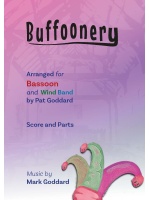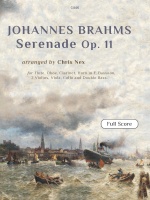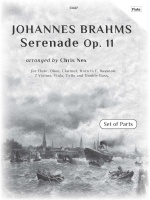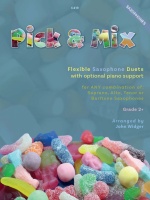Alessandro Scarlatti was an Italian Baroque composer, born on May 2, 1660, in Palermo or Trapani, Sicily. He is renowned for his operas and chamber cantatas and is considered the most important representative of the Neapolitan school of opera1. Scarlatti’s career spanned both Naples and Rome, where he received his training. He is often credited with founding the Neapolitan school, although he was its most illustrious representative1.
Scarlatti’s contributions to music were significant; he brought the Italian dramatic tradition to its peak development and designed the final form of the Da capo aria, which was imitated throughout Europe. He was also the inventor of the Italian overture in three movements and the four-part sonata, which was a precursor to the modern string quartet1.
He was a model for musical theater during his time and influenced composers like Handel. Scarlatti’s eclectic work included genres such as sonatas, concertos, motets, masses, oratorios, and cantatas. He was also the father of two other composers, Domenico Scarlatti and Pietro Filippo Scarlatti1.
Scarlatti passed away on October 22, 1725, in Naples1. His legacy includes more than 100 operas and a lasting influence on both Italian and European music.





